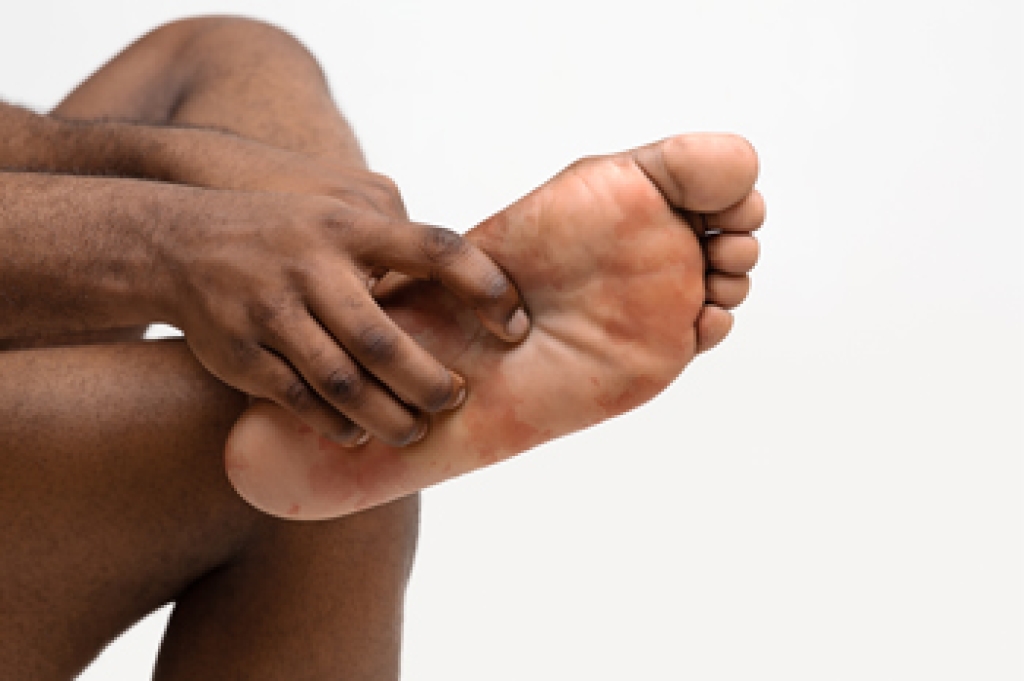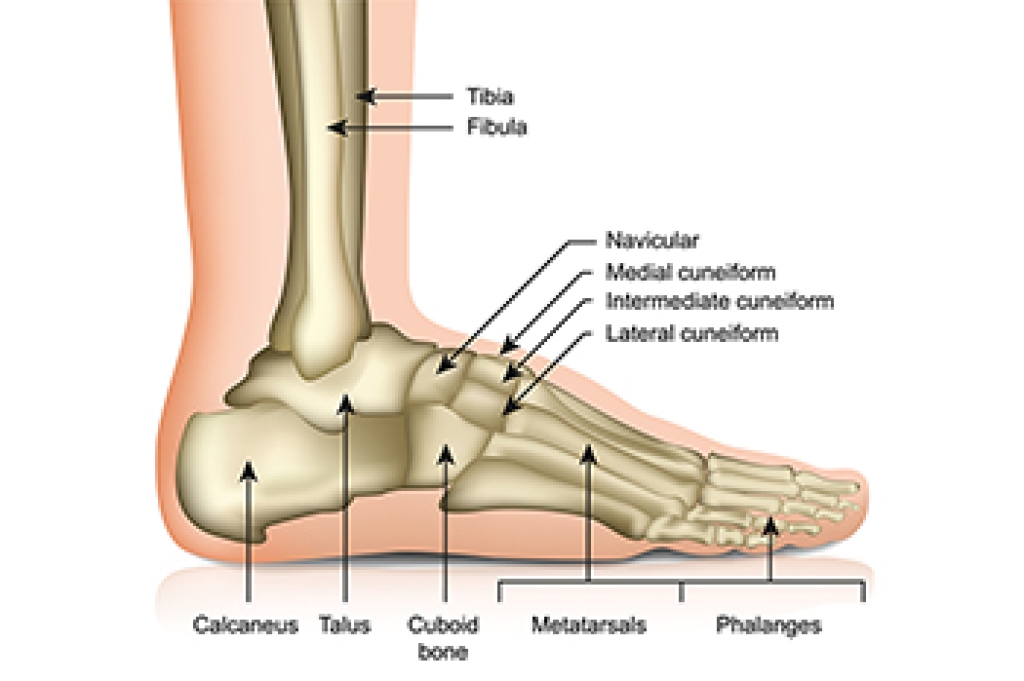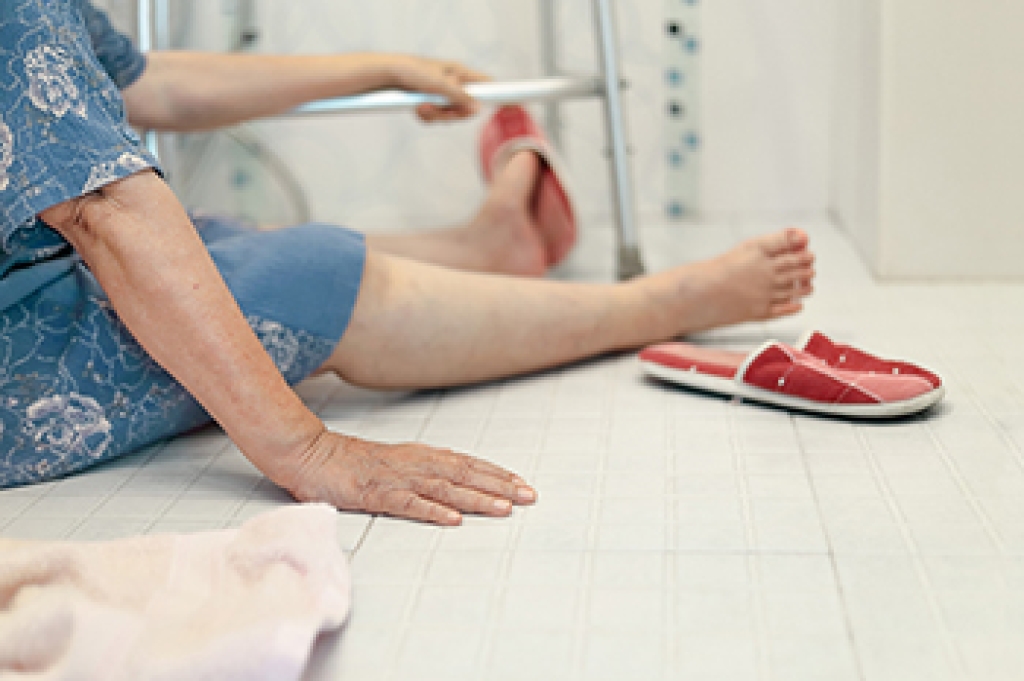
Pain on the bottom of the foot is a frequent problem that can affect daily activities and overall mobility. One common cause is plantar fasciitis, which results from inflammation of the thick band of tissue running along the sole and often causes sharp heel pain, especially in the morning or after prolonged standing. Metatarsalgia, another cause, affects the ball of the foot and can result from overuse, wearing ill-fitting footwear, or excessive pressure during walking and running. Neuropathy, often associated with diabetes or nerve damage, can lead to tingling, burning, or numbness in the foot. A podiatrist can accurately diagnose the underlying cause, provide targeted treatments, recommend supportive footwear, and design custom orthotics to relieve pain. If you have pain or mild discomfort on the bottom of your foot, it is suggested that you consult a podiatrist who can offer effective relief and treatment solutions.
Foot Pain
Foot pain can be extremely painful and debilitating. If you have a foot pain, consult with David K. Morris, DPM from Florida. Our doctor will assess your condition and provide you with quality foot and ankle treatment.
Causes
Foot pain is a very broad condition that could be caused by one or more ailments. The most common include:
- Bunions
- Hammertoes
- Plantar Fasciitis
- Bone Spurs
- Corns
- Tarsal Tunnel Syndrome
- Ingrown Toenails
- Arthritis (such as Gout, Rheumatoid, and Osteoarthritis)
- Flat Feet
- Injury (from stress fractures, broken toe, foot, ankle, Achilles tendon ruptures, and sprains)
- And more
Diagnosis
To figure out the cause of foot pain, podiatrists utilize several different methods. This can range from simple visual inspections and sensation tests to X-rays and MRI scans. Prior medical history, family medical history, and any recent physical traumatic events will all be taken into consideration for a proper diagnosis.
Treatment
Treatment depends upon the cause of the foot pain. Whether it is resting, staying off the foot, or having surgery; podiatrists have a number of treatment options available for foot pain.
If you have any questions, please feel free to contact our office located in Plantation, FL . We offer the newest diagnostic and treatment technologies for all your foot care needs.







